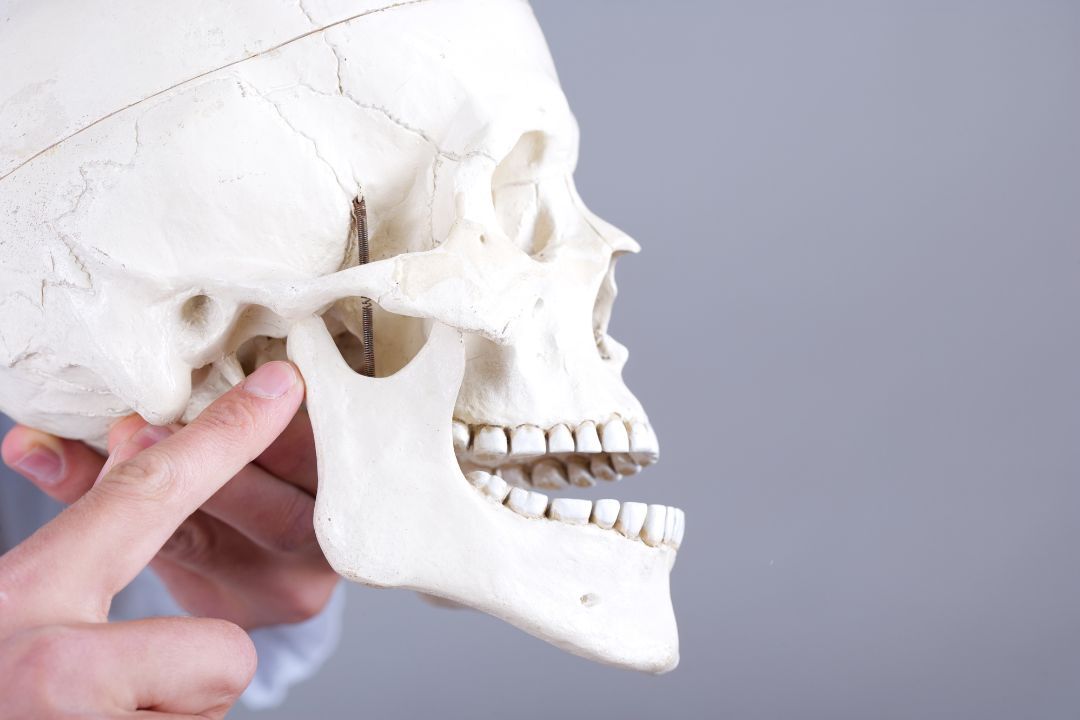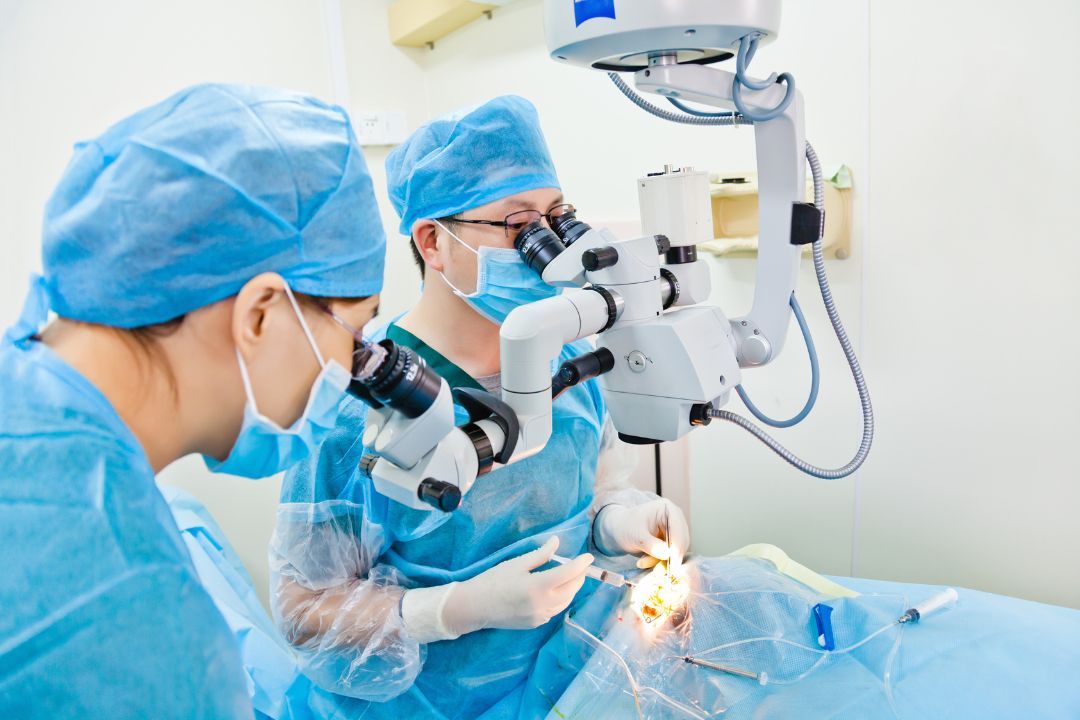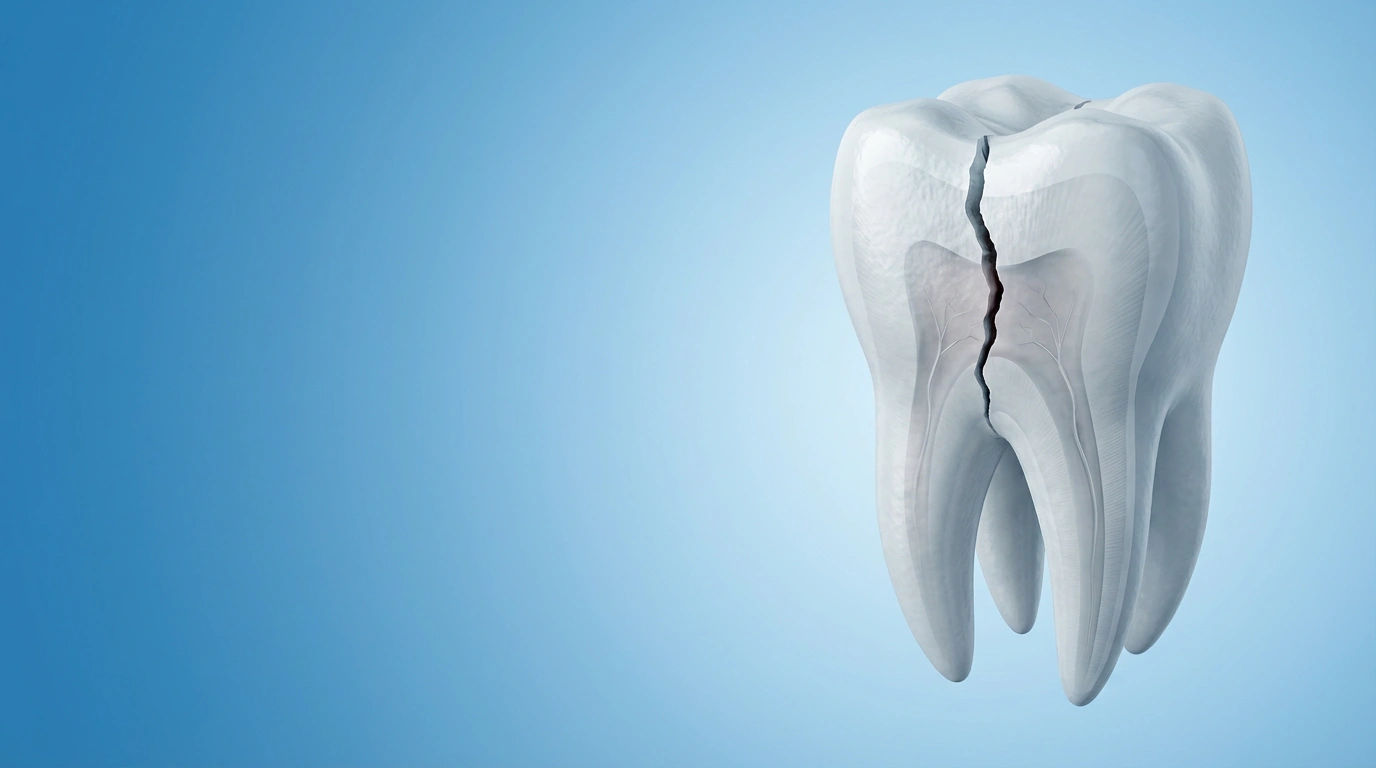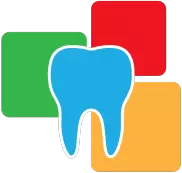7 Ways to Help Manage Temporomandibular Joint Disorders

Understanding Temporomandibular Joint Disorders
Temporomandibular joint disorders (TMD) affect the hinge that connects your jaw to your skull. The general pain and limited jaw movement create so much difficulty for people already suffering from temporomandibular joint disease, despite various effective strategies and temporomandibular joint dysfunction treatments. Here are seven key ways to help manage TMD.
1. Adopt a Healthy Diet and Lifestyle
Soft Diet and Hydration
A soft diet is very essential in the treatment of temporomandibular joint disease; it helps get rid of excessive strain on the jaw. Soups, smoothies, and mashed vegetables work to minimize jaw movement. In addition, hydration aids in relaxation of the muscles, which may aid in the temporomandibular joint disorder treatment.
Do Not Chew Gum
Chewing gum irritates temporomandibular joint disorders by overworking the jaw muscles. It must, therefore, be avoided in order to be at a minimum chance of further irritation and complementing temporomandibular dysfunction treatments.
Keep Hydrated
Water helps keep muscles well lubricated and functional. Keeping hydrated is always important for one's health and can act as a supplement in the temporomandibular joint disorder treatment.
2. Stretch with Jaw Exercises and Physical Therapy

Stretching through jaw exercises and physical therapy can help reduce inflammation. Inflammation may be due to an improper methodology of exercise but also the causes of the disorder itself. Treatment is effective if a person follows the prescribed exercises in the recommended manner.
Exercises
Stretch and strengthening exercises of the jaw muscles provide a lot of help in the temporomandibular dysfunction treatment. These help to loosen up the joints and reduce tension, major concepts of quality temporomandibular dysfunction treatment.
Jaw Relaxation
Methods of jaw relaxation, such as massaging around the jaw to relax the muscles or concentration on letting go of tension, can work wonders in soothing discomforts associated with temporomandibular joint disease.
Jaw Resistance
Applying exercises that offer jaw resistance can help to build muscle endurance. That is done through mild pressure against your jaw while actively resisting movement-a component of any management for temporomandibular joint dysfunction treatment.
Professional Physical Therapy
For extremely severe temporomandibular joint disease, a professional approach must be undertaken. A professional therapist who specializes in techniques for the temporomandibular joint treatment will assist with pain management and functional recovery.
3. Use Hot or Cold Packs
Heat Treatment
Heat treatment can help in improving the circulation of blood to relax the contracted jaw muscles, thereby often being the best temporomandibular joint treatment.
Use a warm towel or apply a heating pad on the jaw region for 15-20 minutes alternatively in a day. This will augment your temporomandibular joint dysfunction treatments.
Cold Treatment
Cold therapy will reduce the swelling and numb the pain site immediately.
Self-Care Application
Use an ice pack covered with a cloth and apply to the jaw for 10 minutes and then remove for another 10 minutes. The best temporomandibular therapy can be achieved by alternating heat and cold.
4. Stress and Use of Relaxation Techniques
Mindfulness and Meditation
Stress exacerbates temporomandibular joint disorders, and practicing mindfulness and meditation can also help the symptoms to subside. Reducing stress is the most important requirement for effective temporomandibular joint dysfunction treatments.
Deep Breathing Exercises
Deep breathing can relax the muscles surrounding the jaw and neck areas, helping reduce tensions caused by TMJ. This relaxation facilitates temporomandibular treatment through calming the nervous system.
5. Utilize Oral Appliances or Splints
Bite Splints
These are worn on either jaw and also help in realigning the jaw and correcting the bite for avoiding further misalignment. They also act as an analgesic through their effect on the nerves, providing gentle pressure to soothe the pain.
The biting splint or stabilizing appliance positions the mandible in a new place that does not strain the temporomandibular joint.
Daytime Splints
Wearing a splint custom-made to fit during the daytime controls the occurrence of jaw clenching and grinding incidence thereby aiding in the treatment of temporomandibular joint dysfunction.
Night Guards
Night guards are appliances that act as a shield for preventing nighttime grinding, and this is part of the temporomandibular treatment.
Mandibular Advancement Devices
These devices push the lower jaw back into place, relieving stress, and are often part of temporomandibular joint treatment packages.
6. Prescription Options
Over-the-Counter Pain Relievers
Over the counter, painkillers like ibuprofen reduce inflammation and pain, an essential part of eliminating temporomandibular joint dysfunction.
Muscle Relaxants
Muscle relaxants relieve muscle strain in the jaw; at times prescribed for acute temporomandibular joint conditions.
Antidepressants
It has been observed that low levels of antidepressants decrease the pain and aching in patients affected with temporomandibular joint disease by acting on the manner in which the brain perceives pain.
7. Investigate Aggressive Treatment for Temporomandibular Joint Disorder
Corticosteroid Injections
Corticosteroid injections represent an extremely effective temporomandibular joint disorder treatment that is generally recommended for patients having high levels of inflammation.
Arthrocentesis
Arthrocentesis is a more invasive procedure that cleans out the temporomandibular joint by the use of flushing agents to remove any inflammatory byproducts from the joint. It represents another advanced temporomandibular treatment.
Surgery
Extreme cases of temporomandibular joint disease will require surgery. It is usually a last resort when all other treatments of temporomandibular joint dysfunction fail.
Arthroscopy
Arthroscopic surgery is less invasive with the use of a camera and small instruments to treat the temporomandibular joint.
Open-Joint Surgery

Open-joint surgery is more extensive, usually necessary in extreme damage to the temporomandibular joint.
Conclusion
Reconditioning or managing these temporomandibular disorders involves several things. These are ranging from lifestyle modification and physical therapy to oral appliances and some advanced treatments for temporomandibular joint disorders. There is a pain relief and quality of life enhancement that one can attain through such processes. However, you need to take specific advice from a health professional on which might be best for you.
- A-3, Natraj Nagar near Imli Phatak, Jaipur-302015
- +91 9945826926
- contact@amddentalclinic.com

Why Tooth Fractures Are Rising: A Modern Dental Concern You Shouldn’t Ignore
Discover why tooth fractures are increasing and how AMD Dental Clinic can help protect your smile. Learn causes, prevention tips, and expert solutions today!

Vertical Tooth Fractures: Diagnosis, Treatment & Early Warning Signs — Insights from Dr. Mili Gupta (MDS, Prosthodontist & Implantologist)
Discover the causes, symptoms, and treatments for vertical tooth fractures. Get expert insights from Dr. Mili Gupta at AMD Dental Clinic. Read more today!

Who is the best dentist in Jaipur for dental implant treatment
Discover the best dentist in Jaipur for dental implants! Learn why AMD Dental Clinic, led by Dr. Mili Gupta, is trusted for expert, lasting care.

